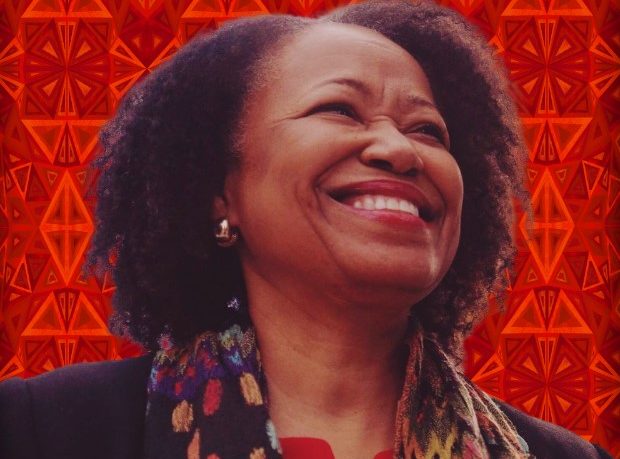By Joseph Williams,
Word In Black
From disproportionately high rates of chronic diseases like hypertension and diabetes to women being three times more likely to die during childbirth than Whites, the data confirms a simple, indisputable, alarming fact: Being Black in America is hazardous to your health.
Multiple studies have shown that structural racism — from Jim Crow laws that institutionalized second-class citizenship to microaggressions from coworkers at the office — is a key contributor to poor health outcomes among Black people. It’s why some 300 jurisdictions, along with the Centers for Disease Control and Prevention, have declared racism a public health threat.
That’s why Dr. Gail Christopher, a researcher and public health specialist, believes that the path towards improving the health of Black people begins by ending the story the U.S. tells itself about race.
“After decades of working on this idea of ending health inequities and moving toward healing (from) racism, I realized that we had to have a comprehensive approach,” says Christopher, executive director of the National Collaborative for Health Equity (NCHE), which focuses on the grassroots factors that contribute to health inequities.
She concluded that a common factor — America’s White supremacist racial hierarchy — is the root cause.
“The mission is to eliminate health inequities, but we know that we can’t do that without ultimately eliminating racism in this country. So there’s a beautiful intersection there,” Christopher says.
That theory, she says, led her to work with the W.K. Kellogg Foundation to create the Truth, Racial Healing and Transformation (TRHT) framework, a program aimed at helping communities achieve lasting change through dialogue and workshops.
“The first pillar of the truth, racial healing, and transformation framework is narrative change,” Christopher says. “We’re wired as human beings to believe stories,” she says, citing a famous quote from 17th-century philosopher René Descartes, “I think, therefore, I am.”
And “in America,” says Christopher, “we really believe in racial hierarchy.”
Change that paradigm by embracing the TRHT framework, she says, and Black health outcomes will improve.
Racial healing, and improving health outcomes for Black people, “begins with creating a new narrative of who we are, how we became who we are,” Christopher says. “And that has to be done at the individual level and at the collective level.”
Both take place at the NCHE, which trains community leaders and clinicians to tackle on-the-ground issues linked to health problems, such as the relocation of an industrial waste facility to a Black community or reframing data to identify and address inequities. The organization also sponsors 18-month fellowships for select professionals.
NCHE has partnered with the American Public Health Association and produced a series of briefs called “Healing through Policy,” which identifies policies and practices that align with the TRHT framework, Christopher says. “And you can download that from our website, you can download it from the (American Public Health Association) website, or the de Beaumont Foundation website. But it lists all kinds of practical policies that relate to all of those (TRHT) pillars.”
Eliminating structural racism to improve Black health outcomes seems like an ambitious goal, particularly in an era when politicians in states from Texas to Idaho have banned the teaching of subjects and books that relate to race. But Christopher believes her mission is a marathon, not a sprint. And she’s seen times change before.
“I say to people all the time: there are some advantages to growing older and living a long time. Very few of them are physical, but it allows you to live through cycles,” she says. There are decades of progress followed by decades of backlash, Christopher says, but when the dust settles, more progress than regression has been made.
“And, eventually, it dies down, and it dissipates,” Christopher says. “People stay the course.”
This story was originally published by Word In Black.



